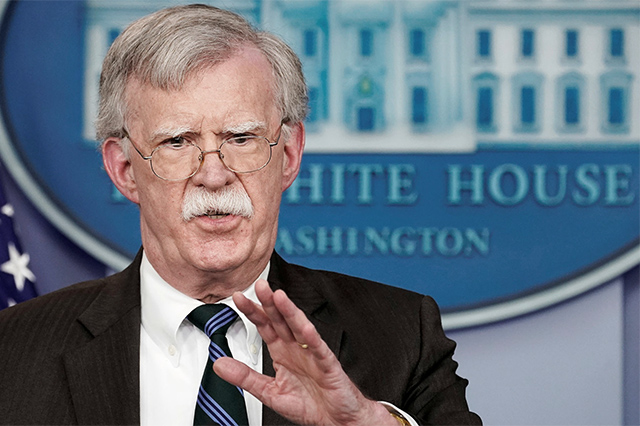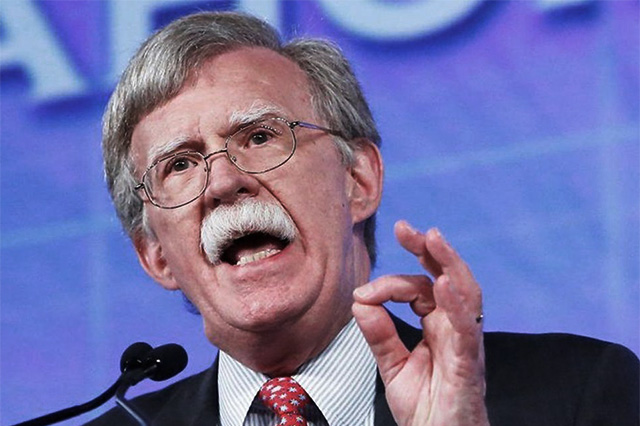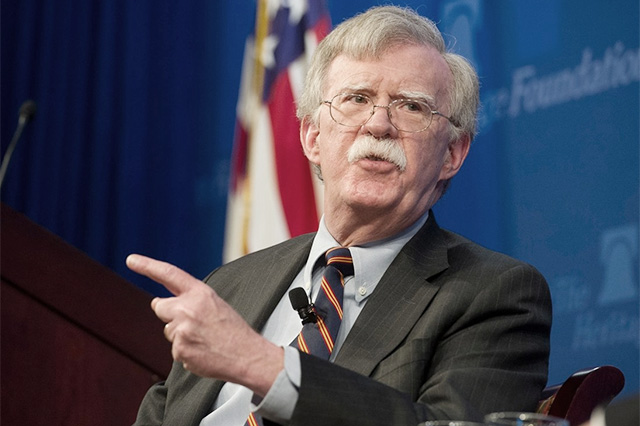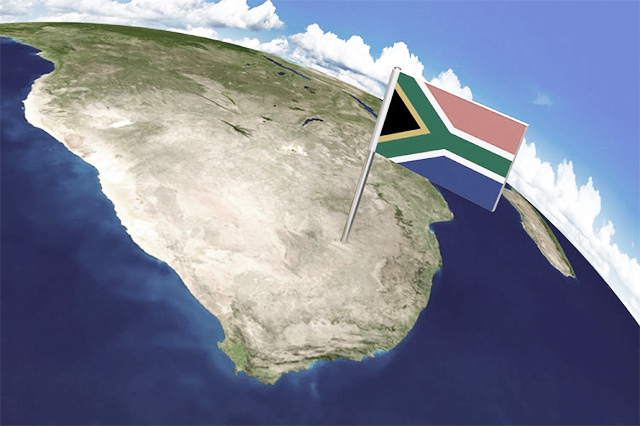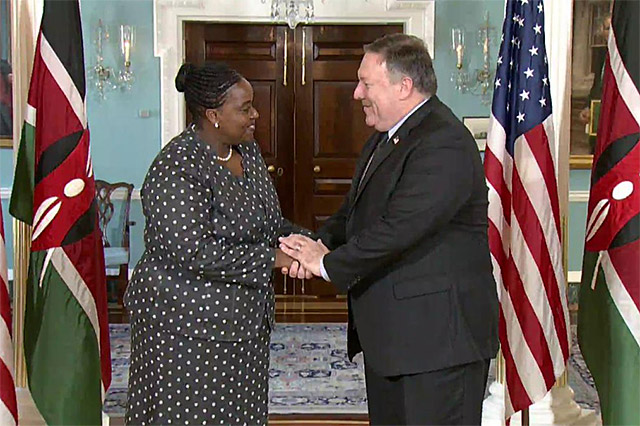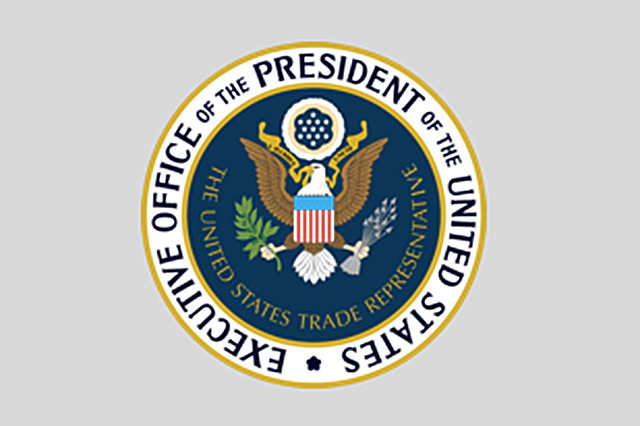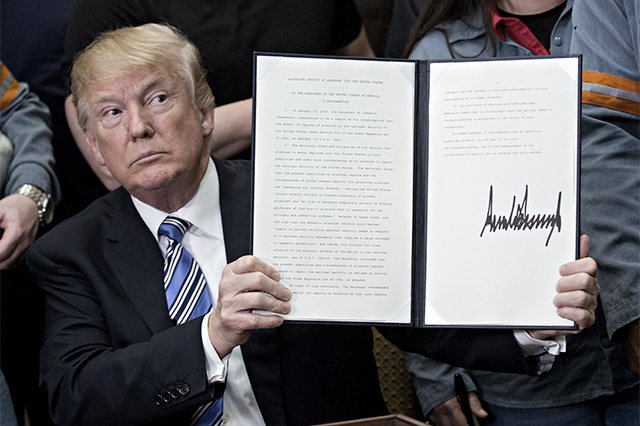'Trump’s trade action may benefit Africa'
Opinion Piece: The Donald Trump presidency is fast changing almost everything about the US’s role in the world and how the world is managed.
No one seems to be spared from its ruthless pursuit of narrow nationalist interests.
The recent decision to suspend Rwanda’s right to export duty-free to the US under the African Growth and Opportunities Act (Agoa) is meant to stop Rwanda from increasing tariffs imposed on used clothing and footwear announced more than a year ago [AGOA.info note: Only Rwanda's apparel preferences under AGOA have been suspended].
What we thought was the fate of the US’s southern and northern neighbours, China and the EU, hits Africa.
While initially some celebrated the fact that Africa was not at the top of Trump’s priorities because this meant it would not be in harm’s way, it is now clear that Africa is not safe. As the Trump administration intensifies its pursuit of national interests globally under the rubric of “Make America Great Again”, Africa is beginning to feel the pinch in several ways.
One very obvious one is uncertainty about the future of conditions negotiated towards Agoa, by which the US offers duty-free access to a number of traded products from Africa. This helps poor countries improve access to big markets built on the back of colonial pasts by which African countries were impoverished.
This uncertainty arises because of the US’s pattern of conduct in multilateral platforms, including trade arrangements. When Trump threatens the very fabric upon which multilateral trade is based, when he undermines the North Atlantic Free Trade Area and kills the idea of a transatlantic trade area, it dawns that no trade arrangement before the ascent of Trump is safe, Agoa included.
When Kenya, Rwanda and Tanzania announced measures to limit the import of second-hand clothing by 2019 because of the harm this was causing fragile local textile industries, it gave the US an opportunity to flex its nationalist muscle. The US as a major actor in this dumping of used clothes in African markets immediately objected to this and issued all manner of threats.
Following a strong lobby by the Secondary Materials and Recycled Textiles Association (Smart), which represents second-hand traders, the US government threatened to withdraw these countries’ membership of Agoa, ending their duty-free access to the US.
It fast became a US jobs versus African jobs debate, as the US protested that the bans would cost 40000 jobs in the US and countries responded by saying the huge imports were killing their potential to create sustainable jobs and business opportunities.
Unable and unwilling to debate this much longer, the US indicated its readiness to impose punitive measures if these countries continued to exercise their choices about what goods they would accept as imports. It feared these actions could fan the winds of self-reliance and sovereign economies on the part of small countries. It worried that more countries would follow.
So, the decision to suspend Rwanda’s membership of Agoa is meant to send a signal to all African countries that the US will not allow them to advance self-reliance and thus wean themselves off the US’s goods-dumping practices. The message is that the pursuit of the “made in Africa” for Africa’s economic independence is not in the interest of the bully.
While the US measure relates only to apparel-related exports, a mere 3% of total exports to the US in 2017, it is a significant signal of US posture towards Africa’s quest for economic freedom and fair trade relations.
The move has shocked the regional body that Rwanda belongs to, the East African Community, with fears this will produce a domino effect for the entire region because of the interconnected nature of regional economies.
It has caused the UN Conference in Trade and Development in the region to ask other states that the US has threatened with suspension to prepare themselves by looking for alternative markets and putting measures in place to assist companies affected.
Rwanda has moved to court other suppliers of key imports affected by the US suspension. It has used this as a stimulus to lessen its dependence on the US market for its goods generally.
The African saying goes: “It is not a big monkey on the branches that caused the big tree to fall, but the small ants gnawing at its roots.”
Rwanda’s response might encourage others to see the risks on banking of a smiling US because the US may not always smile, but may get to the point where it shouts at them.
If these measures force African countries to stop looking west or east, but to look stronger inwardly by strengthening regional integration and boosting intra-African trade and investment, it would have been the stimulus Africa needed to finally achievement its economic freedom.
- Professor Zondi is head of political science and co-ordinates the Institute for Strategic and Political Affairs at the University of Pretoria




